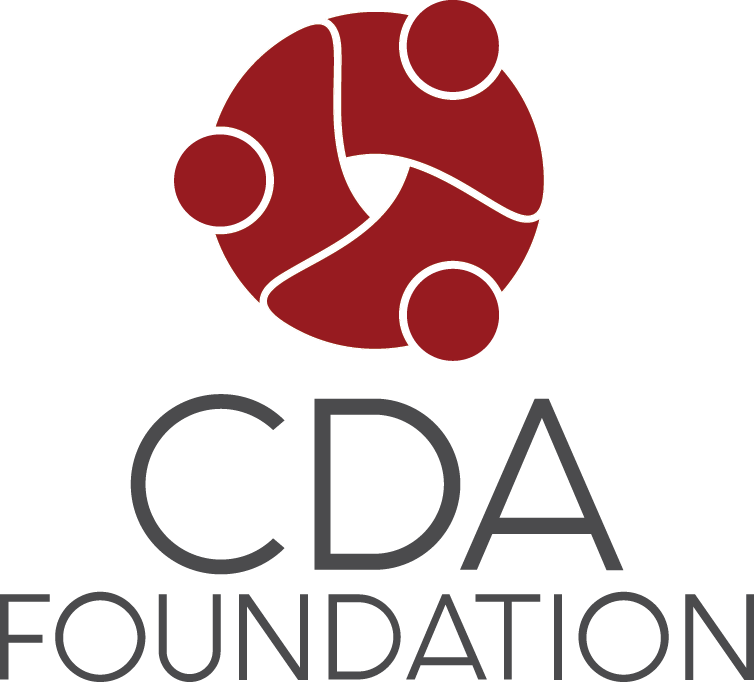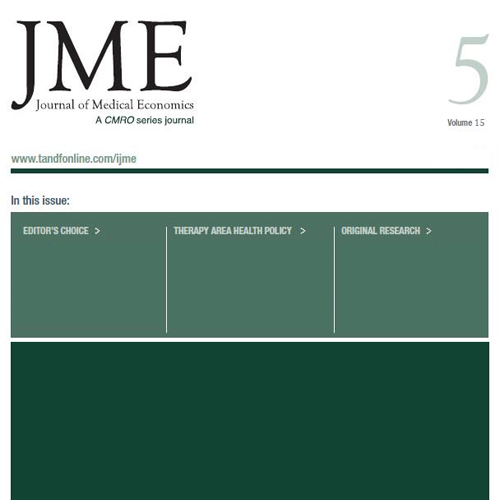Summary
Background
Globally, hepatitis C virus (HCV) infects ~3% of the population. The objective of this study was to review published work and determine the direct medical costs for diseases associated with HCV infection globally, with the exception of the US.
Methods
A systematic literature search was conducted to identify studies reporting the costs of hepatitis C sequelae between January 1990 and January 2011. Over 400 references were identified, of which 45 were pertinent. The costs were compiled, converted to US dollars, and adjusted to 2010 costs using the medical component of the consumer price index.
Results
The median cost of liver transplants was estimated at $139,070 ($15,430–$443,700), refractory ascites at $16,740 ($8990–$35,940), hepatocellular carcinoma (HCC) at $15,310 ($3370–$84,710), decompensated cirrhosis at $14,660 ($3810–$48,360), variceal hemorrhage at $12,190 ($3550–$46,120), hepatic encephalopathy at $9180 ($5370–$50,120), diuretic sensitive ascites at $3400 ($1320–$7470), compensated cirrhosis at $820 ($50–$2890), and chronic hepatitis C at $280 ($90–$1860). The variation among studies was mainly due to the methodology used to assess cost, local cost and government reimbursement, and country-specific treatment protocols.
Limitations
All costs were adjusted to 2010 US dollars using the US medical component of the consumer price index (CPI) which may not reflect the change in medical costs in other countries. In addition, the costs, in the local currency were converted to US dollars in the year of the study. However, medical expenses may not vary with exchange rate, leading to artificial variations. Finally, there was no assessment of the quality of individual studies, which resulted in the same weighting to all studies.
Conclusions
Hepatitis C imposes a high economic burden globally. Knowing the burden of HCV sequelae is useful for policy decisions as well as serving as a basis for determining the value of HCV screening and treatment.

